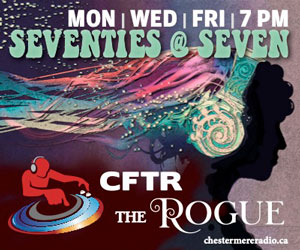I was recently standing around a neighbour’s kitchen with a number of people I’ve come to know, and enjoy. One of my neighbours proposed a toast and said, “we really have the best neighbours.”
Cheers to that!
It’s true, in my neighbourhood a number of us are celebrating new friendships and connections. We’re delighting in telling stories, and learning about each other. Although people on our street are so different from each other, I’m watching as families extend grace and kindness to each other – working to make our neighbourhood a healthy place for the long haul.
But what happens when something sours? What happens when a neighbourhood feud between neighbours grows and good cheer is replaced with grumbling and gossip? It happened to my neighbours years ago. A feud about a barking dog led to an exchange of nasty words and spiralled into a nose-to-nose yelling match. When the police and bylaw officers were standing on the lawn I knew that relationship would never mend, and it didn’t.
When we are wronged by our neighbours there are three ways that we might respond. The easiest ways is to shut off the relationship, grumble, and complain about the terrible neighbours who live down the street. Over time this kind of response hurts neighbours and wounds the whole neighbourhood. The second way to respond is to excuse a neighbour when they wrong us. Excusing someone is to allow them to escape the consequences of their actions. But excusing a neighbour can still mean that you hold the offence over the neighbour’s head, you still stand at a distance and there’s no way that they’ll be invited to your next BBQ.
The third way to respond to a neighbour who has wronged us is to forgive. Forgiveness means that we not only excuse the behaviour, but also continue to hold the other person in high regard. True forgiveness is the hardest option by far, but it’s also the most liberating.
Someone once asked Jesus how many times we should forgive. “Seven times?” he asked Jesus. Seven times is a lot! Forgiving someone seven times is more than generous and more than a neighbour should deserve. But Jesus’s answer went further. “‘No, not seven times,’ replied Jesus, ‘but seventy times seven.'” Forgiveness is so powerful in bringing life to a broken relationship that Jesus says we should extend true forgiveness over and over again. This is the radical, counter-cultural, liberating, life-giving posture that transforms relationships, families, and neighbourhoods.
You will one day offend a neighbour, and your neighbour will one day offend you. The solution is not to shut out the other person, or even to excuse the offence. The way forward is to forgive; not once, not twice, but endlessly. Amazing neighbourhoods are simply those communities of messy people who know the power of second (and third, and fourth, and eighty-ninth) chances.
Into the Neighbourhood Experiment: When you are offended, how do you respond? Do you shut out, excuse, or forgive? Think about how forgiveness could bring life to you and those around you this week.





